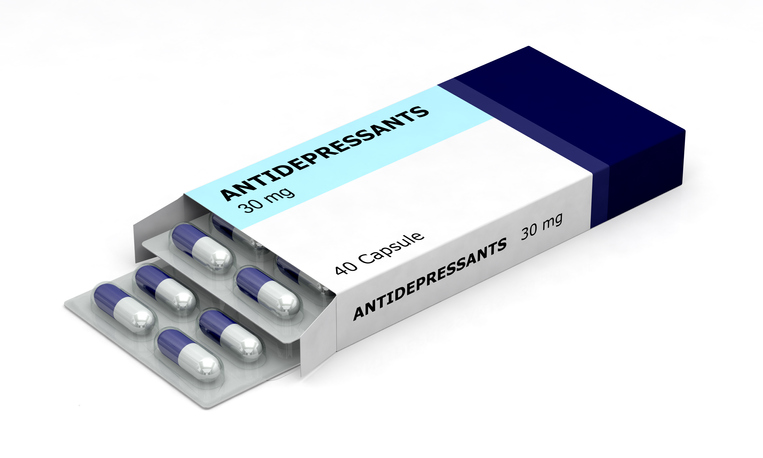Treatments
Are Antidepressants Really Beneficial for Treatment of Pain?

Antidepressant medications, such as fluoxetine, sertraline, paroxetine, citalopram, milnacipran, amitriptyline, and duloxetine, are often prescribed as a treatment option for chronic pain. Although these medications are frequently recommended in the United States to treat pain, a recent Cochrane review, which is considered to be the gold standard in research, suggests that there is no reliable evidence to support this.
Duloxetine was found to provide short-term pain relief. However, the gaps in evidence make it difficult to determine the potential harm for long-term use. Duloxetine is a serotonin and norepinephrine reuptake inhibitor (SNRI), which prevents the breakdown of serotonin and norepinephrine to improve pain perception. Many participants experienced dizziness and nausea as a side effect. Some had severe withdrawal symptoms upon discontinuing use of the drug. Other antidepressants in the study did not reduce pain. Additionally, the impact on long-term health is unclear.
Duloxetine is currently approved in the United States by the Food and Drug Administration (FDA) for the treatment of diabetic neuropathy, fibromyalgia, and musculoskeletal pain. The Centers for Disease Control and Prevention (CDC) guidelines state that duloxetine and other SNRIs provide small to moderate pain relief when used to treat fibromyalgia and neuropathy. The Cochrane Review has requested that the FDA update their recommendations to reflect scientific evidence of the lack of efficacy of antidepressants to treat chronic pain.
Additional sources: Medical News Today and CNN















